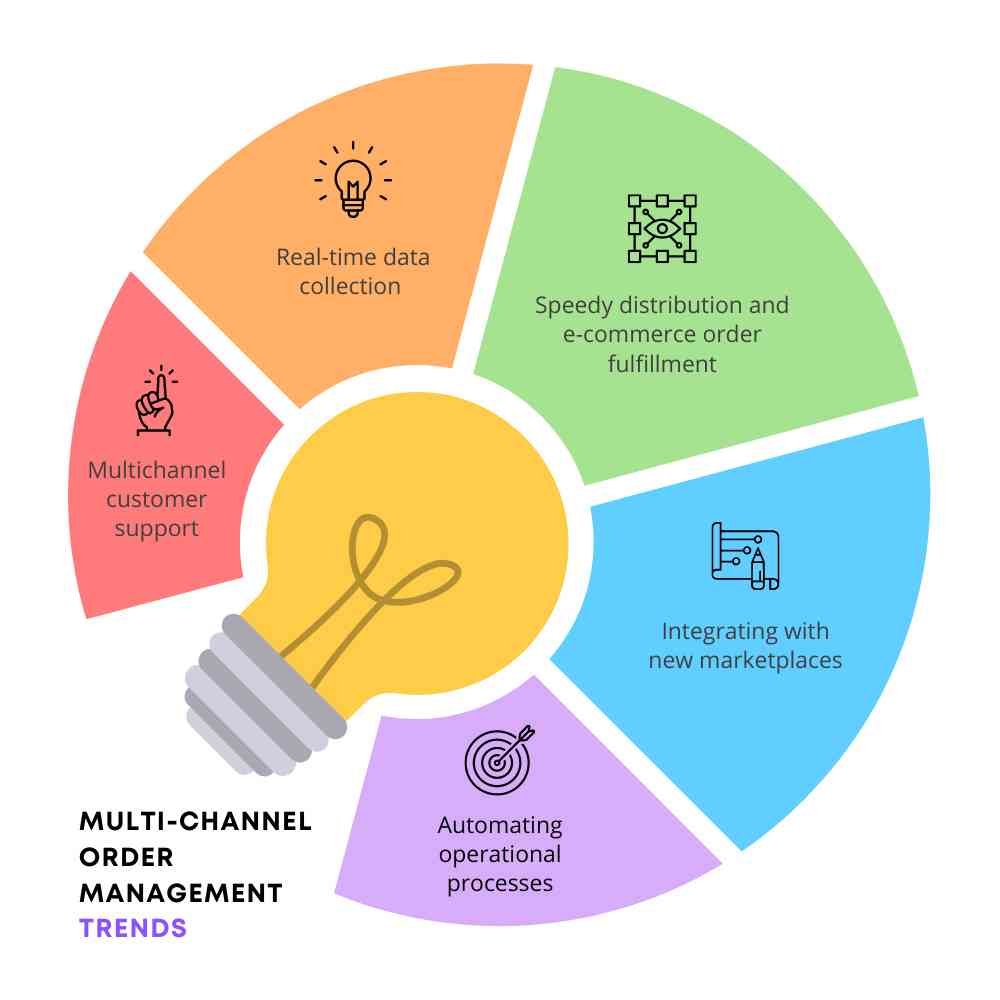The manufacturing industry is undergoing a profound transformation fueled by technological advancements. One of the critical areas where this transformation is evident is in the realm of order management. Traditional manufacturing processes give way to automated multi-channel order management systems that offer unprecedented efficiency, accuracy, and adaptability. As manufacturing companies strive to meet the demands of an increasingly interconnected world, adopting such systems has become a competitive advantage and necessity.
The Evolution of Manufacturing Order Management
Historically, manufacturing companies relied on manual order management processes, often involving multiple siloed systems and cumbersome paperwork. This approach was time-consuming and prone to errors, leading to delays, dissatisfied customers, and increased operational costs. However, with the rise of automation and the integration of advanced technologies, a new era in order management has emerged.
Automated Multi-Channel Order Management: The Game-Changer
Automated multi-channel order management systems are revolutionizing the manufacturing landscape by streamlining the entire order-to-delivery process. These systems allow manufacturers to manage orders seamlessly across various sales channels, including e-commerce platforms, brick-and-mortar stores, and B2B channels. This level of integration ensures that the entire manufacturing operation functions as a cohesive unit, resulting in improved efficiency and customer satisfaction.
Key Advantages
Efficiency Boost: Automated multi-channel order management eliminates manual data entry, reducing the risk of errors and significantly speeding up the order processing timeline. This efficiency boost translates into faster order fulfillment and reduced lead times.
Real-time Inventory Visibility: With integrated systems, manufacturers gain real-time visibility into their inventory levels across different channels. It prevents overstocking or stockouts and enables better demand forecasting and inventory optimization.
Enhanced Customer Experience: In the age of instant gratification, customers expect seamless and consistent experiences across all touchpoints. Automated order management ensures accurate order processing, tracking, and timely updates, improving customer satisfaction and loyalty.
Data-Driven Insights: These systems generate a wealth of data manufacturers can analyze to gain insights into consumer behavior, sales trends, and operational performance. This data-driven approach enables informed decision-making and strategic planning.
Scalability: As manufacturing companies expand into new markets, automated multi-channel order management systems can quickly scale to accommodate increased order volumes and diverse sales channels.

Technological Enablers
The success of automated multi-channel order management systems hinges on several key technologies:
ERP System: Cloud ERP software integrates various business processes, including finance, inventory, and production, into a single system. This integration is crucial for smooth order management.
Application Programming Interfaces (APIs): APIs facilitate seamless communication between software applications, enabling real-time data sharing and synchronization.
Artificial Intelligence (AI): These technologies can analyze historical data to predict demand patterns, optimize inventory levels, and suggest personalized product recommendations for customers.
Cloud Computing: Cloud-based systems provide the flexibility and scalability required for multi-channel operations and the security and accessibility needed for remote management.
Challenges and Future Directions
While the benefits of automated multi-channel order management are undeniable, there are challenges to address, such as data security, integration complexities, and employee training. However, with the ongoing technological advancements and the increasing emphasis on digital transformation, these challenges are gradually being mitigated.
Looking ahead, the future of manufacturing lies in embracing even more advanced technologies, such as Internet of Things (IoT) devices for real-time tracking, blockchain for enhanced transparency, and predictive analytics for proactive decision-making.
Automated multi-channel order management shows a new era of efficiency, accuracy, and customer-centricity in the manufacturing industry. As companies seek to meet the demands of a rapidly evolving market, these systems provide a competitive edge by optimizing operations, enhancing customer experiences, and paving the way for continued innovation. Embracing this revolution in manufacturing order management is no longer an option but a strategic imperative for manufacturers to thrive in the digital age.

Vijay comes with a vast experience in ERP and enterprise solutions space with about 20 years of experience in various packaged application like Acumatica, SAP, Orion, Salesforce.com, SugarCRM and, SalesLogix.
















